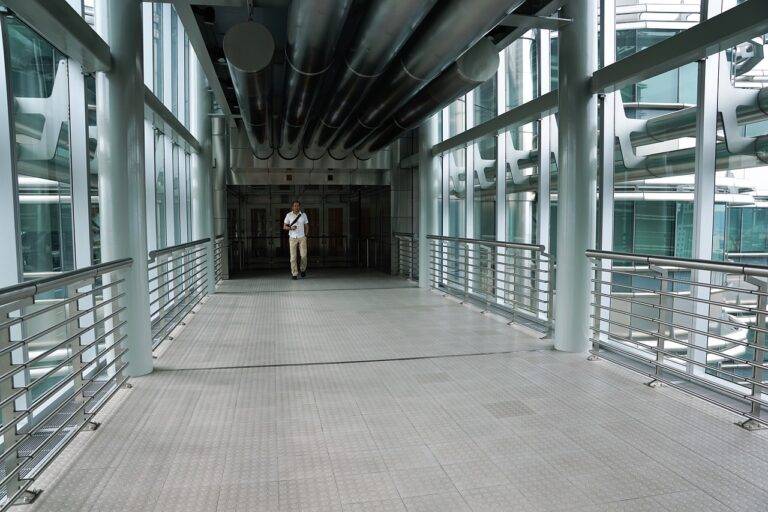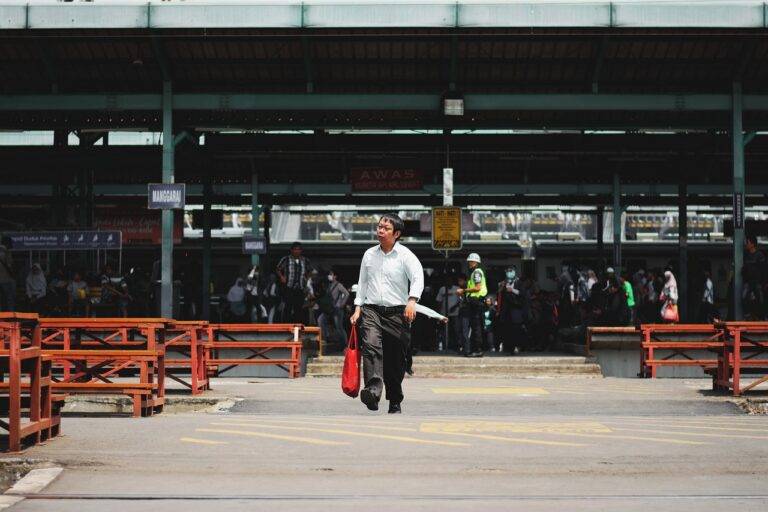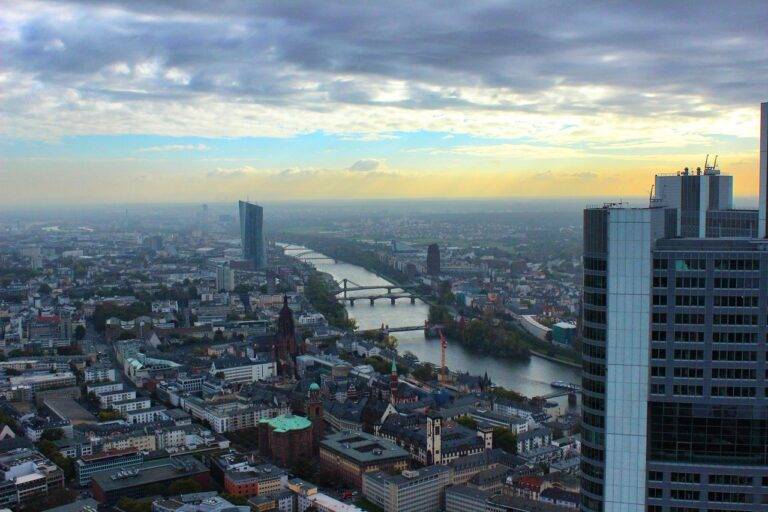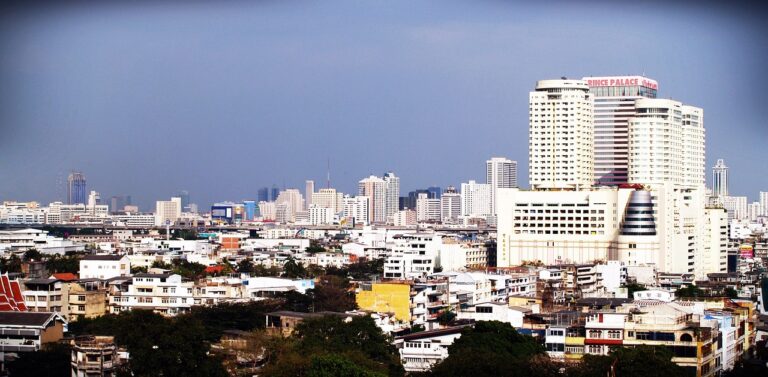The Impact of IoT on Smart Cities Development
Implementing Internet of Things (IoT) in smart cities presents various hurdles that city planners and authorities need to navigate. One major challenge lies in the interoperability of IoT devices from different manufacturers, leading to difficulties in data integration and collaboration among various systems. This lack of standardization inhibits the seamless communication and coordination needed for effective urban management.
Furthermore, ensuring the security and privacy of data collected through IoT devices is a critical obstacle in the implementation of smart city initiatives. With a myriad of devices collecting sensitive information, the risk of data breaches and cyber threats looms large. Safeguarding data integrity and protecting against potential cybersecurity attacks require robust strategies and investments in cybersecurity infrastructure.
Benefits of IoT in Urban Planning
In the realm of urban planning, the incorporation of Internet of Things (IoT) technology has introduced a myriad of advantages. Through the utilization of real-time data and sensors embedded within the infrastructure of smart cities, urban planners can make informed and data-driven decisions. This results in enhanced efficiency in managing resources like energy consumption, waste management, and transportation systems. With the help of IoT, urban planners can optimize city operations, reduce costs, and improve overall quality of life for residents.
Additionally, IoT plays a crucial role in increasing the sustainability and resilience of cities. By monitoring environmental factors and analyzing data patterns, urban planners can implement proactive measures to address issues such as air pollution, water management, and natural disaster response. IoT technology enables the creation of smart grids, intelligent transportation systems, and efficient waste management solutions, contributing to a more sustainable and resilient urban environment. As cities continue to grow and face complex challenges, the integration of IoT in urban planning becomes indispensable in ensuring a sustainable and livable future.







